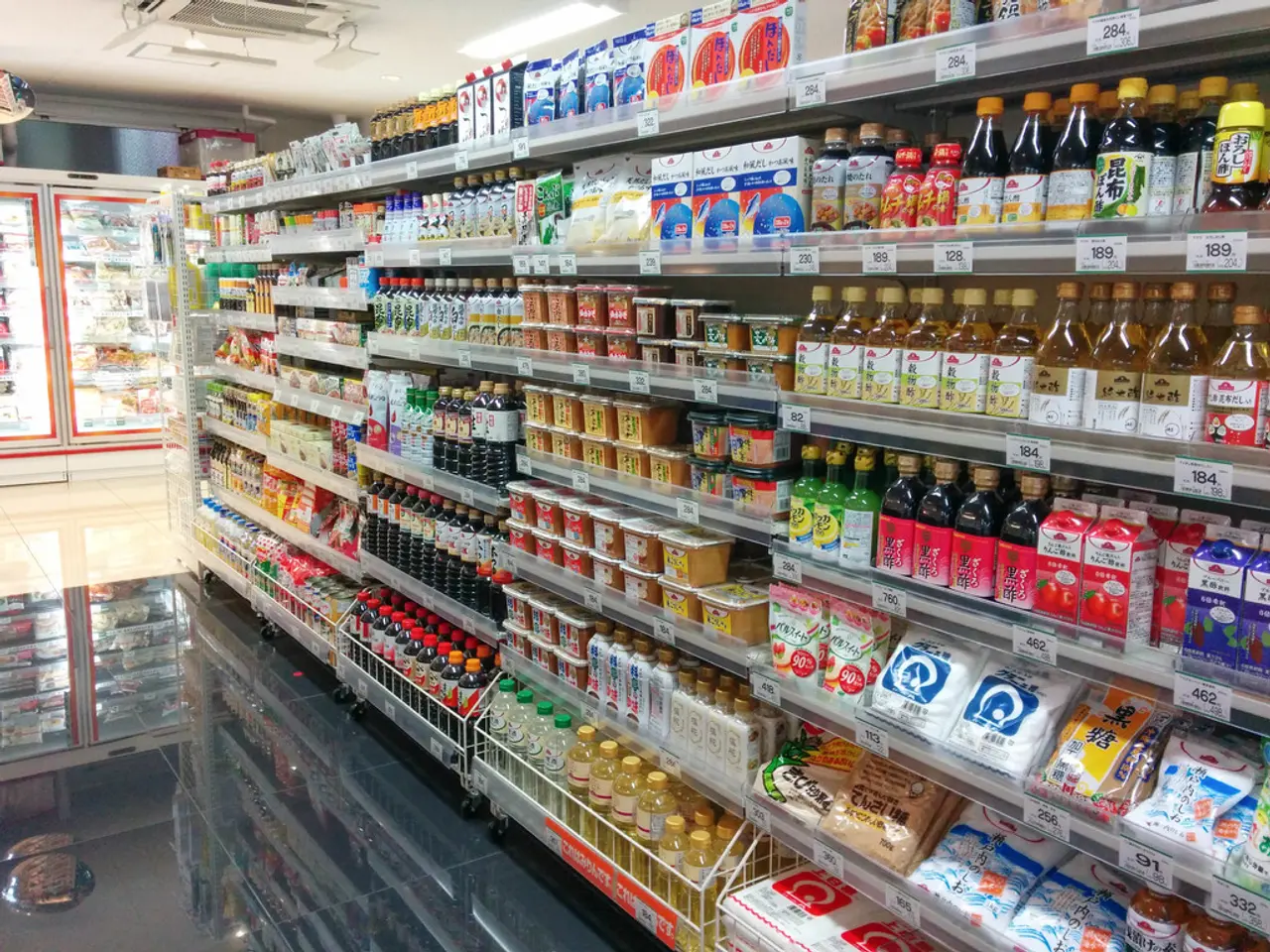AI's Role in Simplifying Warehouse Complications
In the fast-paced world of logistics and supply chain management, AI and Machine Learning are becoming increasingly sought-after solutions for warehouse management. These advanced technologies are revolutionising the industry, helping warehouses navigate complex operational challenges with ease.
Steve Ross, a seasoned professional with over 30 years of operations, logistics, and e-commerce experience, is a strong advocate for the use of technology to simplify warehouse workloads and improve efficiency. As a member of Blue Yonder's Solution and Industry Marketing team, Steve champions the benefits of AI and Machine Learning in streamlining warehouse operations.
One of the key advantages of AI in warehouses is its ability to predict and respond to operational demands proactively. By analysing historical data, real-time updates, future forecasts, predictive learning models, and signals from other connected solutions, AI can provide real-time recommendations to optimise activity across the warehouse.
For instance, AI can help reduce complexity in the warehouse yard by prioritising trailers for unloading based on their contents, the status of pending orders, and their priority against other trailers in the yard. Similarly, it can continuously optimise warehouse slotting decisions over time to reduce complexity, decrease pick travel time, and increase pick efficiency.
Moreover, AI can adjust resource forecasts in response to emergencies and prioritise tasks in real-time to keep the entire facility operating efficiently. This is particularly beneficial in managing daily micro disruptions such as unexpected or delayed deliveries, inventory shortages, quality issues, and scheduled labor or equipment mismatches.
Agentic AI can even provide real-time recommendations to warehouse teams on the most effective use of their time, such as which trailer to work next and how to optimise pick travel time. This level of automation and real-time decision-making is seen as a solution to close the complexity gap and move warehouses to the next level of efficiency and effectiveness.
AI and Machine Learning are transforming warehouses into intelligent, adaptive environments that predict and respond to operational demands swiftly, automate routine and complex tasks, and optimise resource utilisation—all contributing to simplified warehouse complexity and markedly improved efficiency.
However, the complexity of running a warehouse is increasing due to macro-challenges such as pressure for sustainability, labour shortages, and inflation affecting operating margins. In this context, AI can accurately forecast warehouse resources in real-time, improving staffing and scheduling at a granular level.
It's worth noting that many current warehouse management solutions are siloed and rules-based, making them less effective in managing complexity. In contrast, AI-powered warehouse management solutions can provide clear and understandable explanations for their recommendations to the warehouse team, fostering transparency and collaboration.
In his spare time, Steve Ross enjoys baking sourdough bread and sweet treats, demonstrating that even in the digital age, the human touch remains essential. As we move towards an increasingly automated future, the role of AI and Machine Learning in warehouses is set to grow, offering a promising solution for businesses seeking to streamline their operations and stay competitive.
[1] Blue Yonder (2021) The Impact of AI and Machine Learning on Warehouse Management. Retrieved from https://www.blueyonder.com/en-us/resources/impact-ai-machine-learning-warehouse-management [2] ZDNet (2020) AI and machine learning set to revolutionise warehouse management. Retrieved from https://www.zdnet.com/article/ai-and-machine-learning-set-to-revolutionise-warehouse-management/ [3] Forbes (2021) The Role of AI in Warehouse Management. Retrieved from https://www.forbes.com/sites/forbestechcouncil/2021/01/12/the-role-of-ai-in-warehouse-management/?sh=7b6a945c5e6b [4] Logistics Management (2020) How AI and Machine Learning are Transforming Warehouse Operations. Retrieved from https://www.logisticsmgmt.com/articles/how-ai-and-machine-learning-are-transforming-warehouse-operations [5] Supply Chain 24/7 (2021) The Role of AI in Warehouse Management. Retrieved from https://www.supplychain247.com/article/the-role-of-ai-in-warehouse-management/
Steve Ross, as a member of Blue Yonder's Solution and Industry Marketing team, utilizes his leadership skills to champion the integration of AI and Machine Learning in warehouse management. These technologies, by predicting operational demands and optimizing warehouse operations, are playing a crucial role in simplifying warehouse workloads and increasing efficiency.
In line with constantly evolving complexities in warehouse management due to macro-challenges, AI can adapt to respond to emergencies effectively and prioritize tasks in real-time to maintain a seamless warehouse operation. This adaptive nature, coupled with its ability to provide transparent explanations, makes AI and Machine Learning a promising solution to streamline warehouse operations and improve overall efficiency.




